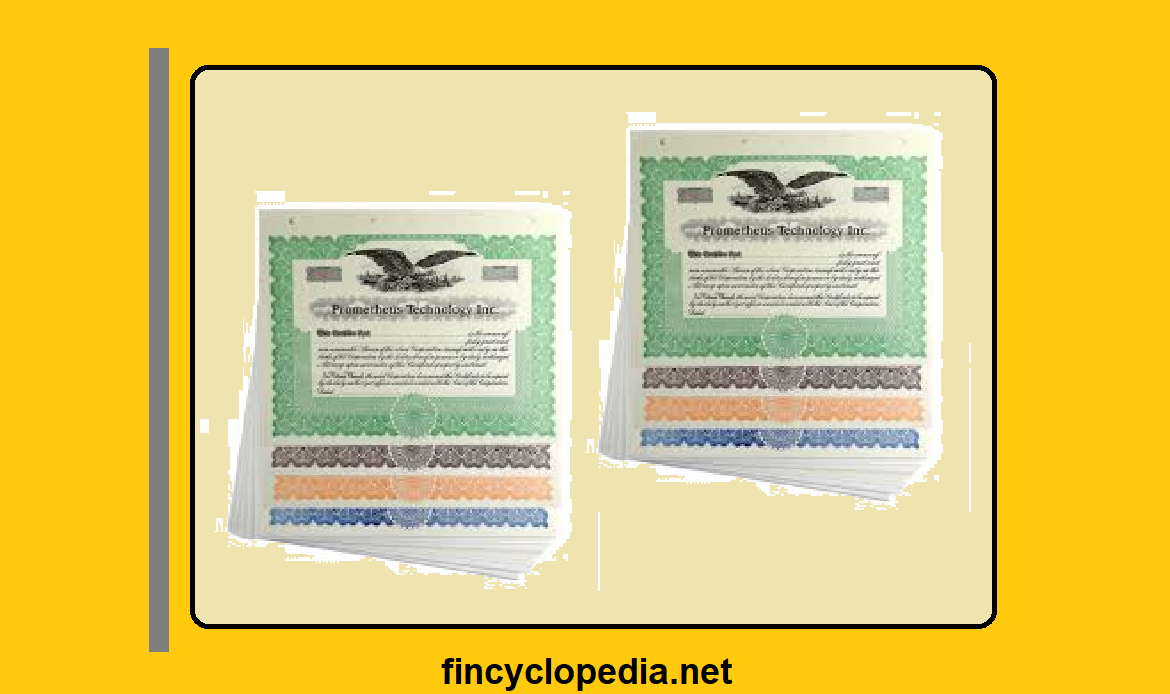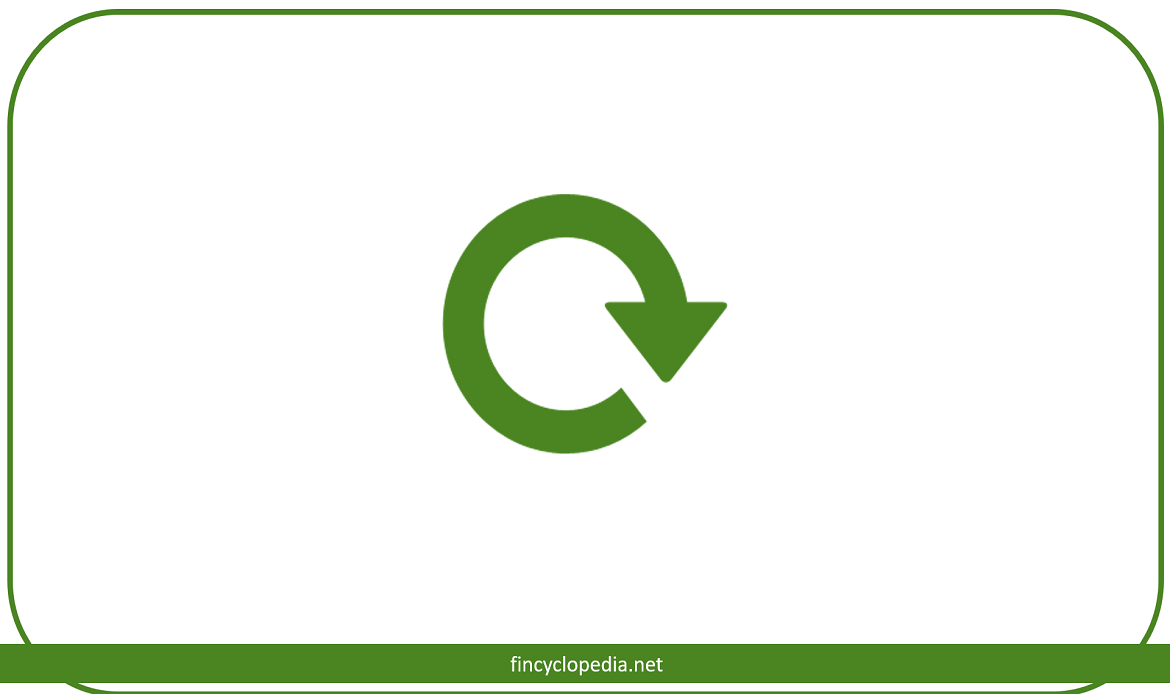A cross-currency swap in which the bank sponsor/ arranger pays a hard currency (like dollar, euro, etc) and receives a soft currency (such as Korean Won, Thai Baht, etc). Empirical evidence shows the existence of a correlation between the exposure under a derivative contract and the likelihood of the counterparty defaulting on contractual obligations. However, the correlation might be favorable (i.e., negative) between the mark-to-market value of the derivative contract and the probability of default by the the counterparty.
The soft currency is unlikely to increase in value after a default of the underlying sovereign debt. In the event of default, the swap will probably have a negative mark-to-market to the bank sponsor. This implies the bank sponsor will not be owed money under the swap agreement, but rather owe money.






